Medications That Don’t Mix with Coffee
July 2, 2024 | 5 minute read
In the United States, coffee is more than just a beverage-it’s a beloved daily ritual. Millions of Americans rely on coffee to power through their day, whether it’s a morning pick-me-up or an afternoon energy boost.
For coffee drinkers, there’s no denying the feeling of waking up to a good cup of Joe or snatching one at your favorite coffee shop while out and about. With the many options when it comes to coffee beverages, and the multiple flavors and aromas, it’s no wonder more and more people are becoming fans of the coffee industry. If you’re on the fence, take a look at these statistics and facts about coffee consumption this year.

These are interesting statistics about coffee consumption in the United States:
- Average Consumption: The average American coffee drinker consumes 3.1 cups of coffee per day.
- Daily Consumption: 66% of Americans drink coffee every day, which is more than tap water.
- Coffee Brewing Method: 41% of at-home coffee drinkers use a drip machine to make coffee.
- Annual Consumption: Americans consumed an estimated 3.3 billion pounds of coffee.
- Daily Cups Consumed: In America, 517 million cups of coffee are consumed per day.
- Specialty Coffee Consumption: 50% of people in the US, or 150 million people, consume specialty coffee drinks daily.
Have you ever wondered:
- Do my medications interact with my coffee habit?
- How much coffee is safe to drink while taking medication?
- Are there certain times of the day when coffee and medication shouldn’t mix?
If you’ve pondered these questions, this blog is for you. In this article, we explore 12 commonly used drugs that may interact with coffee depending on certain medical conditions. We also offer advice on managing your caffeine consumption in a safe manner.
1. High Blood Pressure Medications
For those managing high blood pressure, limiting caffeine intake is advisable. While coffee doesn’t directly interfere with most blood pressure medications, it can raise blood pressure levels, increasing the risk of heart-related issues such as stroke or heart attack. Generally, one or two cups of coffee per day are acceptable, but it’s wise to consult with your healthcare provider to determine a safe caffeine limit for your specific situation.
2. Stimulant Medications
Stimulants like Adderall (mixed amphetamine salts) and phentermine are prescribed for conditions such as ADHD and obesity. Combining these medications with caffeine can heighten side effects like restlessness, jitteriness, and in severe cases, tremors or heart problems. It’s essential to discuss your caffeine consumption with your healthcare provider to adjust your medication dosage accordingly.
3. Nasal Decongestant & Sinus Relief Medications
Sudafed, an over-the-counter decongestant, also has stimulant effects. Mixing it with caffeine can increase the risk of heart-related side effects and interfere with sleep. To avoid these issues, it’s best to avoid caffeine while taking Sudafed or space out your caffeine and medication intake.
4. Bronchodilators Medications
Theophylline, used for asthma and COPD, shares similar side effects with caffeine, such as jitteriness and sleep disturbances. Additionally, caffeine can raise theophylline levels in the body, making side effects more likely. Consult your prescriber before making any changes to your caffeine intake while on theophylline.
5. Antipsychotics Medications
Caffeine can increase the levels of some antipsychotics in the body, leading to a higher risk of side effects. Medications like olanzapine (Zyprexa) and haloperidol (Haldol) can be affected. It’s crucial to maintain consistent caffeine consumption and inform your healthcare provider of any changes to ensure your medication remains effective. Clozapine, an antipsychotic medication, can have its metabolism inhibited by caffeine, leading to increased levels in the blood and a higher risk of side effects like seizures. If you are taking clozapine, it’s important to manage your caffeine intake and consult with your healthcare provider.
6. Anxiety and Sleep Medications
As a stimulant, caffeine can counteract the effects of sedatives used to treat anxiety and insomnia, such as alprazolam (Xanax) and zolpidem (Ambien). To avoid worsening your symptoms, limit caffeine intake, especially in the hours leading up to bedtime.
7. Oral Contraceptive Pills
Taking oral birth control pills can decrease the rate at which caffeine is metabolized, causing its effects to last longer. This can lead to increased jitteriness and insomnia. If you’re on birth control pills, consider reducing your caffeine intake or limiting it to the morning hours.
8. Diabetes Medications
Consuming caffeine can decrease insulin sensitivity and increase blood sugar levels, making it more challenging to manage diabetes. It is crucial for individuals with diabetes to closely monitor their blood sugar levels and consult with their healthcare provider about their caffeine intake to ensure their medications continue to work effectively.
9. Thyroid Hormone Medications
Consuming coffee can greatly hinder the absorption of thyroid medications such as levothyroxine (Synthroid). To prevent this effect, it is advised to wait for at least an hour after taking your thyroid medication before drinking coffee.
10. Depressive Disorder Medications
Caffeine can increase the levels of tricyclic antidepressants (TCAs) such as amitriptyline, leading to heightened side effects like dizziness and constipation. Maintaining a consistent caffeine intake and consulting your healthcare provider before making any changes is crucial for managing these medications effectively.
11. Antibiotics Medications
Fluoroquinolone antibiotics, such as ciprofloxacin (Cipro) and levofloxacin (Levaquin), can increase caffeine sensitivity, leading to heightened side effects like jitteriness, anxiety, and insomnia. To avoid these interactions, limit your caffeine intake while on these antibiotics.
12. Anticoagulant Drugs
These medications are used to slow blood clotting and include aspirin, clopidogrel (Plavix), ibuprofen (Advil, Motrin, and others), naproxen (Anaprox, Naprosyn, and others), enoxaparin (Lovenox), and more. Health experts advise caution when combining them with coffee, which can also slow blood clotting. Mixing these medications with caffeine can increase the chances of excessive bleeding and bruising.
Caffeine, while a common and widely enjoyed stimulant, can interact with various medications, potentially affecting their absorption and efficacy. By understanding these interactions and consulting with your healthcare provider, you can enjoy your coffee while ensuring your medications work as intended. This information is not a substitute for professional medical advice. If you take any of these medications and enjoy coffee, consult with your healthcare provider to discuss potential interactions and find a safe way to manage your caffeine intake.
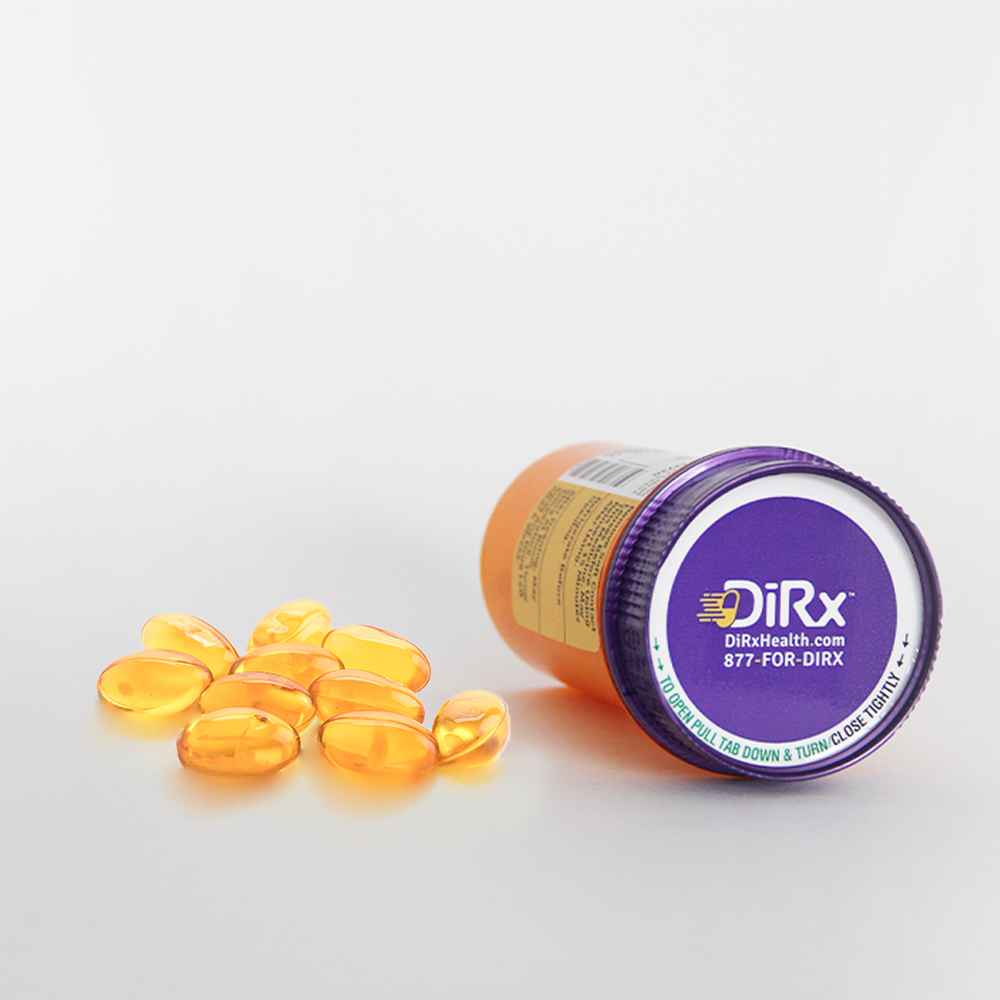
Everything You Need to Know About Benzonatate (Tessalon Perles)
Benzonatate, also known as Tessalon Perles, is a prescription oral medication that helps relieve and suppress cough in patients over the age of ten.
June 25, 2024 | 10 minute read

AI in Healthcare - Part 2: Transforming Healthcare with Artificial Intelligence
The integration of artificial intelligence (AI) in healthcare is revolutionizing the industry.
June 17, 2024 | 5 minute read

Men's Health Matters! Age-Wise Checkups & Screenings You Need
Taking charge of your health is an empowering journey, and preventive care is the cornerstone.
June 10, 2024 | 10 minute read

AI in Healthcare - Part 1: The Future of Medical Diagnosis & Treatment
Imagine a world where robots perform surgery, AI diagnoses diseases with superhuman accuracy, and virtual assistants manage your medications.
June 3, 2024 | 5 minute read
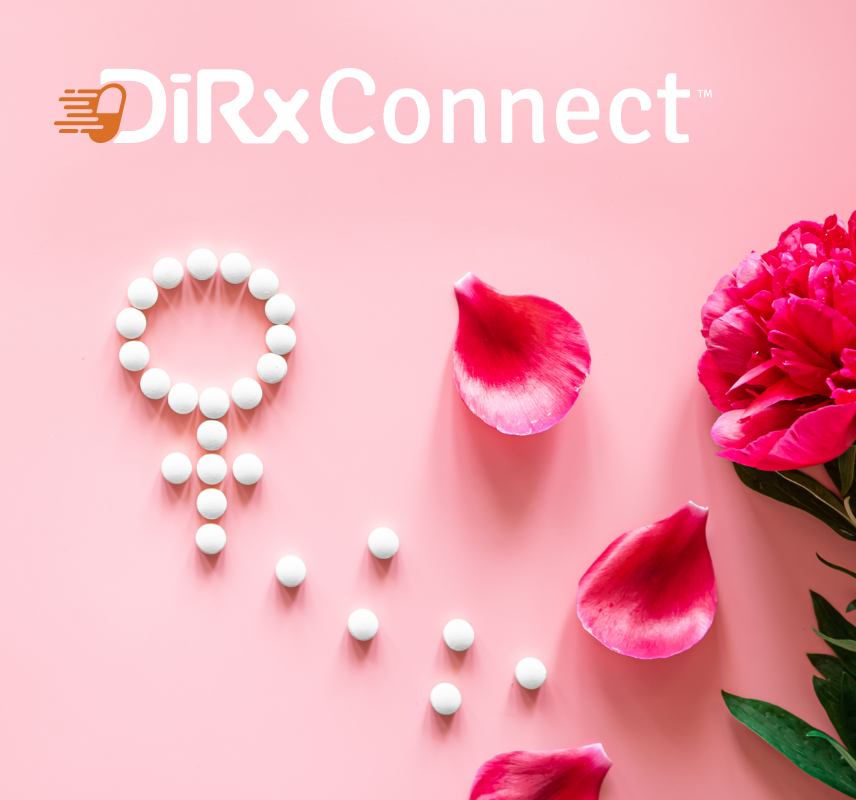
Women’s Health FAQs Answered: A Comprehensive Guide
As a woman, taking care of your health should be a top priority, but it’s common to have questions and concerns. That’s why we’ve compiled this comprehensive blog to address some of the most frequently asked questions around women’s health
May 22, 2024 | 10 minute read

Understanding Euthyrox® (Levothyroxine): Your Comprehensive Guide to Thyroid Health
May 15, 2024 | 5 minute read

Prioritising Heart Health: A Vital Guide for Women in America
In the bustling rhythm of American life, women often prioritize everyone else’s health over their own. Yet, here’s a sobering fact: heart disease is the leading cause of death among American women, surpassing all types of cancer combined.
May 3, 2024 | 5 minute read
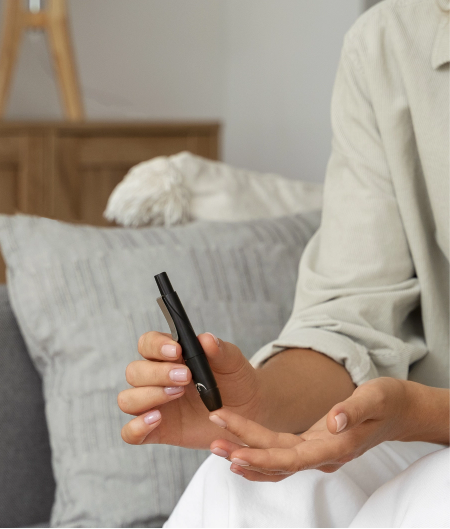
Your guide to Healthy Living:
Managing Diabetes
Whether you’ve recently been diagnosed or have been living with diabetes for years,
Feb 19, 2024 | 5 minute read
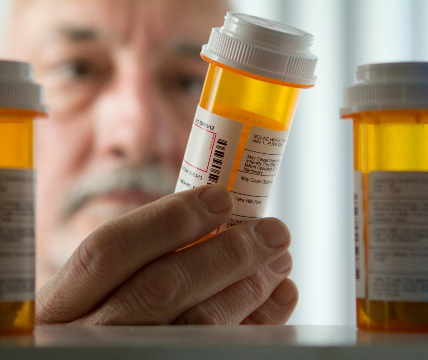
Understanding a Drug’s Journey to Generic Production
In today’s healthcare landscape, the rising costs of prescription medications have become a significant
July 18, 2023 | 3 minute read

Revolutionizing Women’s Healthcare: Empowering Women’s Health with DiRx
Here at DiRx Health, we’re on a mission to empower women to take control of their health and well-being.
March 8, 2023 | 5 minute read

Five reasons every woman needs an annual visit with a primary care provider
May 10, 2022 | 3 minute read

Get relief from pollen allergies
Learn ways to help prevent pollen allergies and how to ease the symptoms
July 18, 2023 | 3 minute read
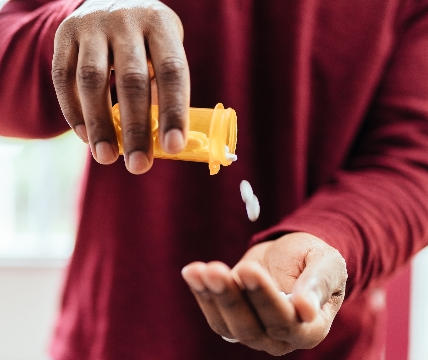
Introducing Kyzatrex: A safe, effective and painless option for Testosterone Replacement Therapy
Aug 14, 2023 | 4 minute read
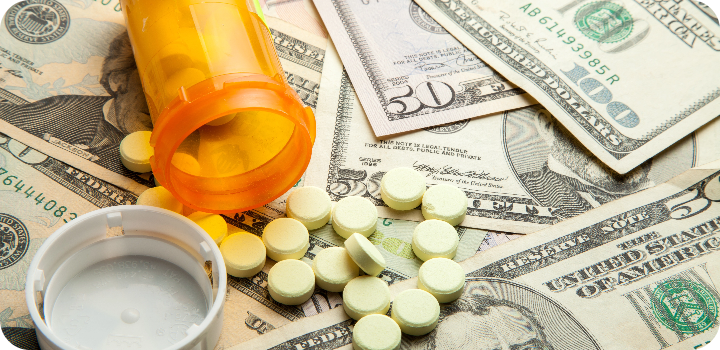
Counting the Cost
The Financial Burden of Living with Chronic Conditions
May 16, 2023 | 3 minute read
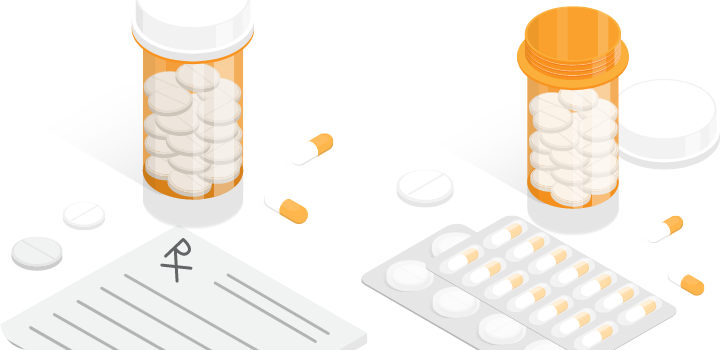
3 ways to make filling a prescription easier
If you wish your pharmacy experience was a smoother and more pleasant one, here are a few ideas that can help
April 11, 2023 | 3 minute read

For the Love of Black History
Striving for a healthier future through accessibility
February 14, 2023 | 4 minute read
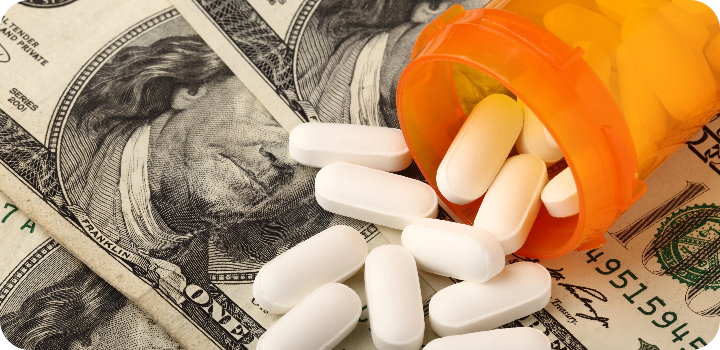
Falling out-of-network with your pharmacy
Why this happens and protecting your bottom line
December 13, 2022 | 5 minute read
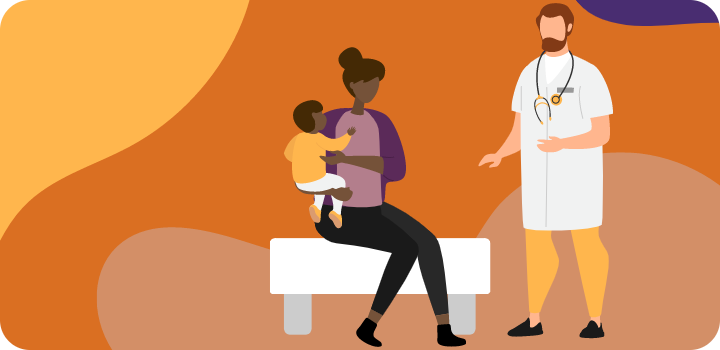
Take control of your personal healthcare decisions
Options to consider for the new year
November 14, 2022 | 5 minute read
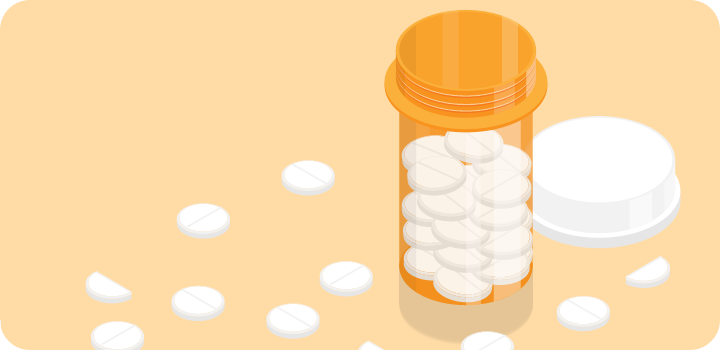
How parents can lighten the impact of the impending Adderall shortage
Tips from our DiRx Pharmacy Team
October 18, 2022 | 2 minute read

The HSA, HRA and FSA – understanding the difference
Are you taking full advantage of your benefit?
October 03, 2022 | 2 minute read

A pharmacist's perspective on the challenges patients are facing today.
An interview with Rima Arora, PharmD, RPh, Director of Pharmacy at DiRx
August 24, 2022 | 4 minute read

What can we do about the soaring cost of prescription medicine?
An interview with Satish Srinivasan, DiRx Founder and Chief Executive Officer
July 22, 2022 | 6 minute read

Is a prostate cancer screening right for you?
Learning more about prostate cancer screening risks and benefits can help you decide if it's right for you
June 8, 2022 | 4 minute read

How Safe is your prescription information online
Your prescriptions are part of your protected health information. Understand how it is used, shared and protected
May 25, 2022 | 3 minute read

Choosing an online pharmacy you can trust
Not all pharmacies are the same. Choosing one that you can depend on with your medicines and your health are important
April 13, 2022 | 3 minute read

5 reasons that choosing an online pharmacy may be right for you
Lots of people are discovering the benefits of choosing an online pharmacy for their prescription drug needs
March 30, 2022 | 3 minute read

Should you consider switching from brand-name to generics?
Being an informed healthcare consumer includes doing your homework when it comes to making decisions
March 16, 2022 | 3 minute read

EUTHYROX®, a branded
Levothyroxine is also available.
Tap here to know more
Buying Kyzatrex for the first time?
Use code FREETRIAL to get a 1 month supply of Kyzatrex for FREE






